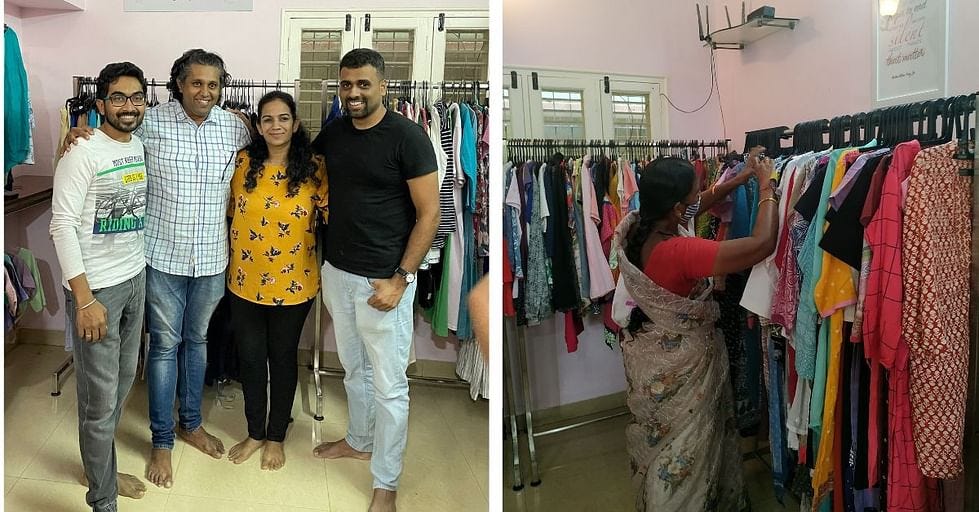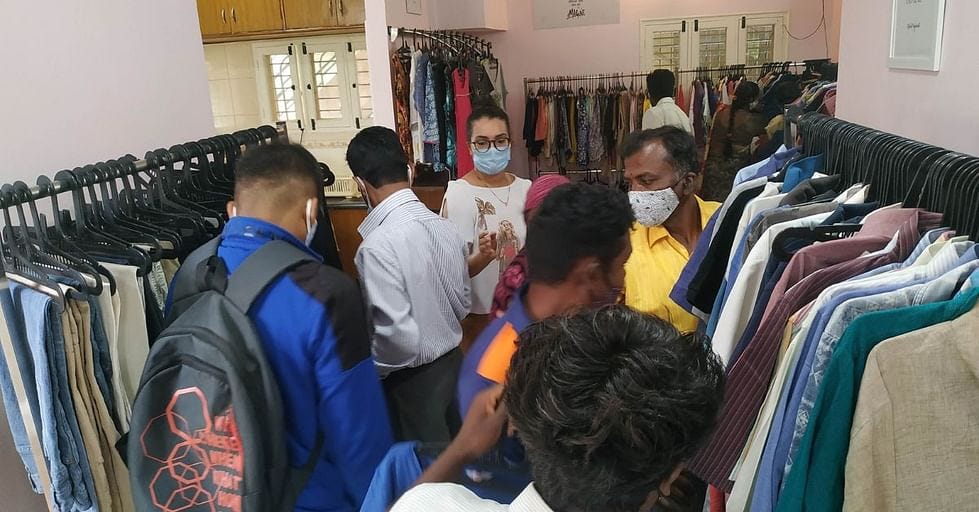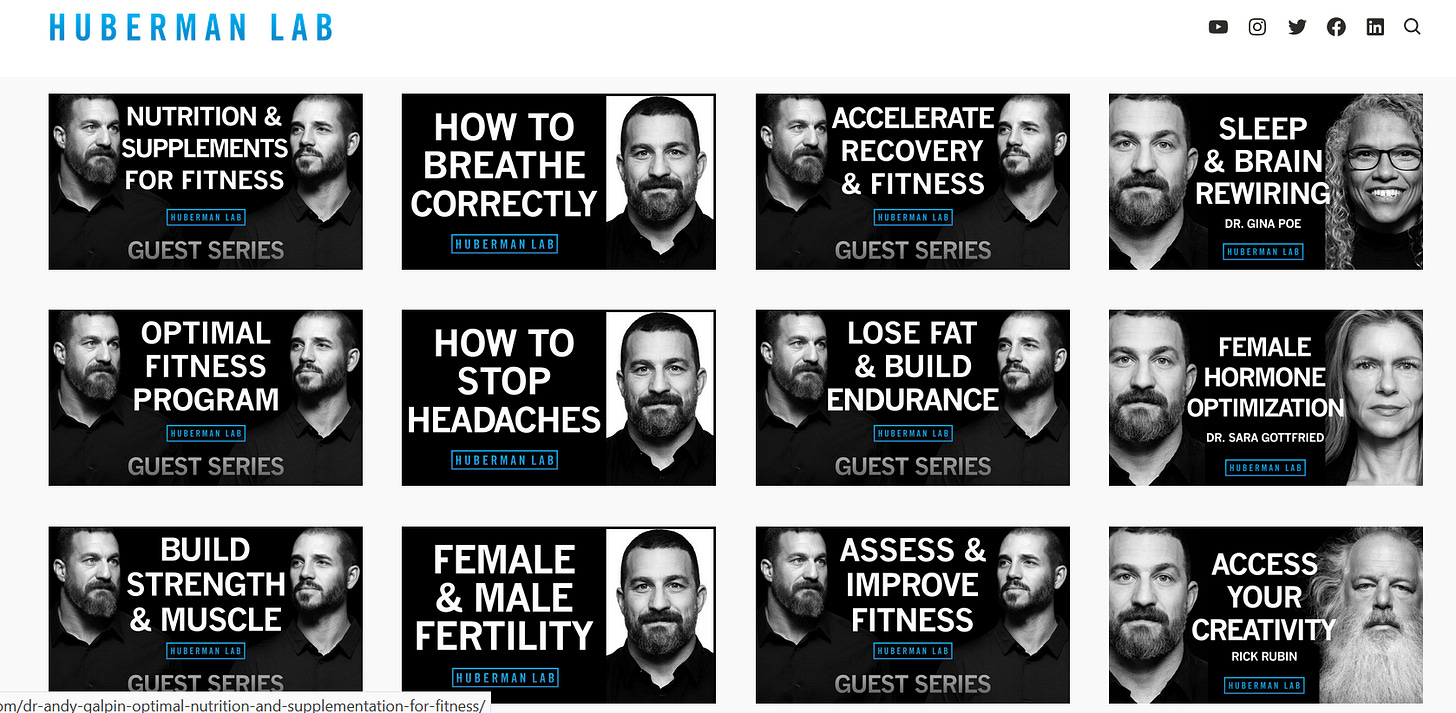(KP-20) Choose What Matters Most to you and Don't Regret Later
Place where the poor purchase clothes at Re. 1 | A mind-stimulating podcast on mind and self-improvement | Alan Watts on present and future
Life Lesson
The times are such that we suffer more from having a lot of choices than having no options to choose from.
You want to buy a phone, you have a hundred options to choose from; you want to buy a pair of shoes, well go ahead and try all forty brands.
And more often than not these choices leave us confused and overwhelmed. And even if we decide to pick on one thing we always have a nagging feeling what if the other one was a better choice or the right choice.
But what if I tell you that there is no such thing as a right choice but just choices?
By choosing one important thing or an experience you are bound to lose another important one.
By choosing to watch the sunset you are bound to miss watching the World Cup Final.
Choosing to walk in through one door opens up the possibility of walking on the different paths ahead of you and closing some other doors and paths at the same time.
The Life Lesson I have learned this week is that we should choose what matters most to us right now and not regret our decision later.
Positive Feel-Good Story
The article is about four friends from Bangalore who started the "Imagine Trust" with the idea of helping the underprivileged by collecting pre-loved clothes for them.
They were inspired by John Lennon's song "Imagine", which talks about a world without borders and distinctions. The trust's primary objective was to help the poor purchase clothes at a reasonable price of Re 1.
The team reached out to local communities and encouraged people to donate their old and unused clothes. Over time, they collected a considerable amount of stock and set up a shop where the underprivileged could buy clothes for just Re 1. They also set up a mobile unit to take the shop to various locations.
The trust's efforts have impacted the lives of over 10,000 people, and they aim to reach out to many more in the future. They believe that everyone should have access to basic necessities, and they strive to create a world where no one goes without basic essentials like clothing.
Some people live in excess while some don’t even have the basics. We all should do something in our daily lives to bridge that divide.
Do you think their initiative is something worth sharing with the world? If yes, then please go ahead and share this post:
Podcasts/Books/Videos Suggestions
I came across this wonderful neuroscientist named Dr. Andrew Huberman recently. He explains all the complicated topics of psychology so simply that any novice will understand the concepts.
He runs a podcast called the Huberman Lab where he dissects many topics around the mind, how it works, mental illness, self-improvement, etc. Highly recommended!
Quote/Poem
Alan Watts on the primary consciousness aka ‘basic’ brain which is aware of only this moment and the ‘ingenious’ brain which uses memory to come up with abstract ideas, like the future, using predictions.
The root of [our] frustration is that we live for the future, and the future is an abstraction… The “primary consciousness,” the basic mind which knows reality rather than ideas about it, does not know the future. It lives completely in the present, and perceives nothing more than what is at this moment.
The ingenious brain, however, looks at that part of present experience called memory, and by studying it is able to make predictions. These predictions are, relatively, so accurate and reliable (e.g., “everyone will die”) that the future assumes a high degree of reality — so high that the present loses its value.
But the future is still not here, and cannot become a part of experienced reality until it is present. Since what we know of the future is made up of purely abstract and logical elements — inferences, guesses, deductions — it cannot be eaten, felt, smelled, seen, heard, or otherwise enjoyed.
To pursue it is to pursue a constantly retreating phantom, and the faster you chase it, the faster it runs ahead. This is why all the affairs of civilization are rushed, why hardly anyone enjoys what he has, and is forever seeking more and more.
Happiness, then, will consist, not of solid and substantial realities, but of such abstract and superficial things as promises, hopes, and assurances.




